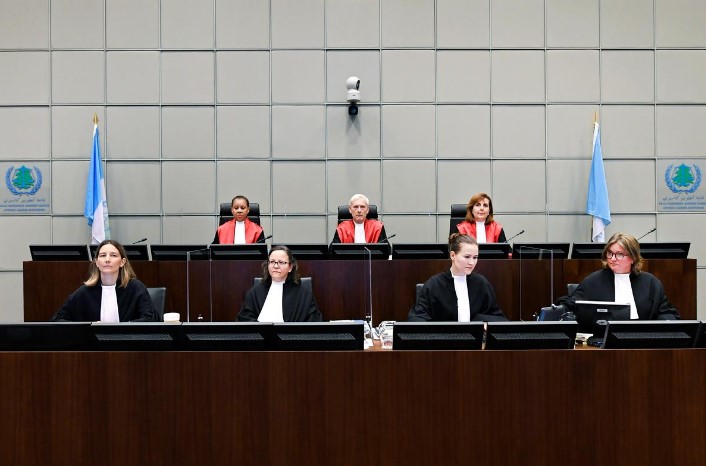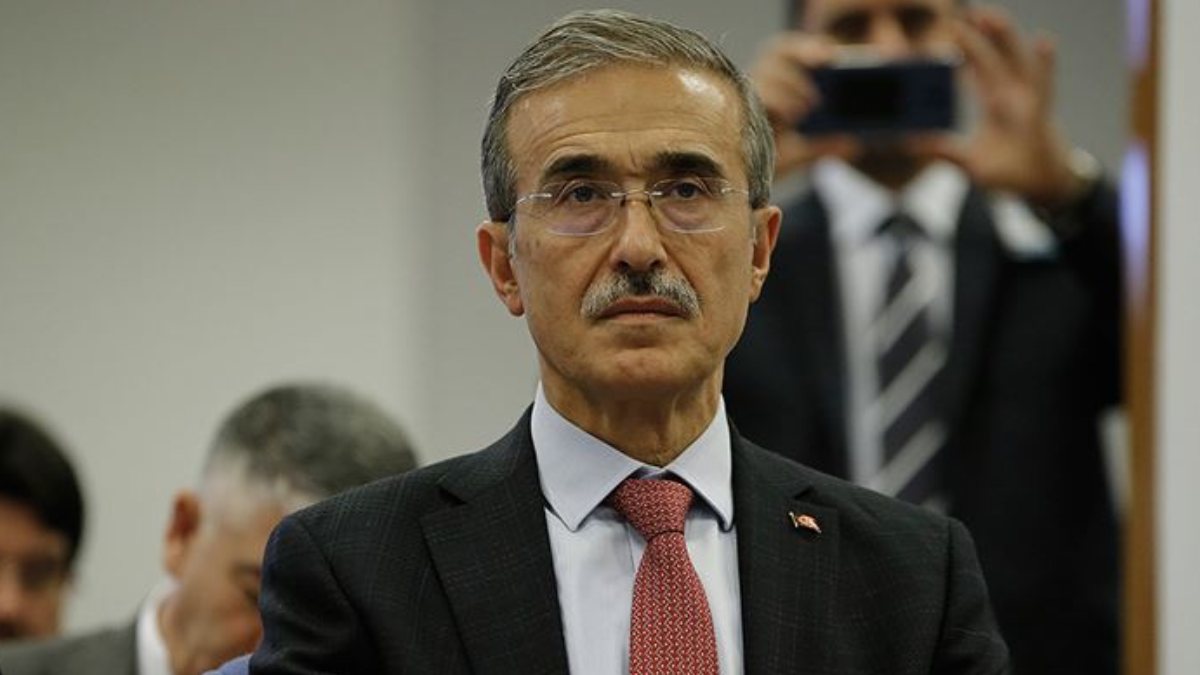A UN-backed tribunal on Tuesday finds the main defendant, Salim Jamil Ayyash, guilty of bombing that killed former Lebanese premier Rafik al-Hariri.
Ayyash was a member of the Iran-backed Hezbollah group, and according to prosecutors, he used a cellphone which was critical in the attack.
“THERE IS NO DIRECT EVİDENCE OF SYRIAN INVOLVEMENT”
The judges said they were “satisfied beyond a reasonable doubt” that the evidence showed that Ayyash possessed “one of six mobiles used by the assassination team.”
However, the tribunal said there was no evidence that “the Hezbollah leadership” or Syrian regime were involved in the assassination “The trial chamber is of the view that Syria and Hezbollah may have had motives to eliminate Mr Hariri and his political allies, however, there is no evidence that the Hezbollah leadership had any involvement in Mr Hariri’s murder and there is no direct evidence of Syrian involvement,” said Judge David Re, reading a 150-page summary of the court’s 2,600-page decision.

The tribunal acquitted other defendants — Hassan Marei, Hussein Oneissi, and Assad Sabra — as the evidence against them were considered “insufficient.”
The judges said the DNA evidence showed the blast that killed Hariri was carried out by a male suicide bomber who was never identified.
UN court finds Hezbollah member guilty in Hariri killing
– There was no evidence that Hezbollah leadership, Syrian regime were involved in assassination, says UN-backed tribunal
CHANGED HEADLINE, LEDE; UPDATE WITH MORE DETAILS
By Busra Nur Bilgic Cakmak and Ali Abo Rezeg
ANKARA (AA) – A UN-backed tribunal on Tuesday finds the main defendant, Salim Jamil Ayyash, guilty of bombing that killed former Lebanese premier Rafik al-Hariri.
Ayyash was a member of the Iran-backed Hezbollah group, and according to prosecutors, he used a cellphone which was critical in the attack.
The judges said they were “satisfied beyond a reasonable doubt” that the evidence showed that Ayyash possessed “one of six mobiles used by the assassination team.”
However, the tribunal said there was no evidence that “the Hezbollah leadership” or Syrian regime were involved in the assassination.
“The trial chamber is of the view that Syria and Hezbollah may have had motives to eliminate Mr Hariri and his political allies, however, there is no evidence that the Hezbollah leadership had any involvement in Mr Hariri’s murder and there is no direct evidence of Syrian involvement,” said Judge David Re, reading a 150-page summary of the court’s 2,600-page decision.
The tribunal acquitted other defendants — Hassan Marei, Hussein Oneissi, and Assad Sabra — as the evidence against them were considered “insufficient.”
The UN-backed court ruled Hezbollah’s Mustafa Badreddine was not mastermind of Hariri’s assassination as it was alleged.
The judges said the DNA evidence showed the blast that killed Hariri was carried out by a male suicide bomber who was never identified.
The court started its session with a minute of silence for those who lost their lives and were affected by the Aug. 4 explosion in Beirut and continued with the judges reading the verdict.
– Assassination
On Feb. 14, 2005, Hariri was killed in a massive car bomb that targeted his convoy in Beirut.
His assassination triggered countrywide protests that forced Syria — which some had accused of orchestrating the murder — to withdraw all its forces from Lebanese territory.
Later the same year, Hariri’s son, Saad, succeeded his father in the premiership after winning elections.
In 2007, a Special Tribunal for Lebanon was drawn up to look into the elder Hariri’s assassination.
In 2011, the tribunal issued arrest warrants for four Hezbollah members suspected of involvement in the crime; Salim Jamil Ayyash, Assad Hassan Sabra, Hussein Hassan Oneissi, and Hassan Habib Merhi.
Hezbollah, for its part, has refused until now to hand over the suspects.
In 2017, the UN extended the tribunal’s mandate for three more years.
Initially scheduled for Aug. 7, the verdict was postponed due to the “out of respect for the countless victims” of Beirut explosion of Aug. 4












